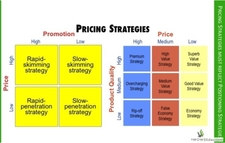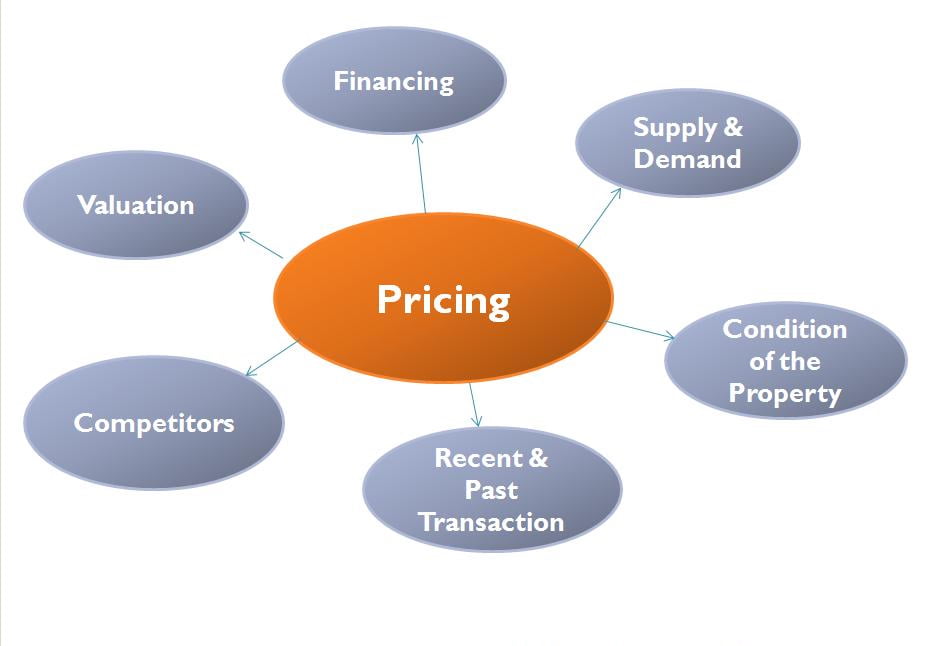It’s the time of year for saving money!
I’ve had this discussion in several forms, but the gist is this: not every project is a product.
 High-end audio is weird in this way – it’s not like buying a ladder at Lowes, or a car at the Honda dealer. It’s far more like buying furniture – from that weird bearded dude at the craft fair.
High-end audio is weird in this way – it’s not like buying a ladder at Lowes, or a car at the Honda dealer. It’s far more like buying furniture – from that weird bearded dude at the craft fair.
And yes, I mean that across the board. There are quite a few high-end companies that buck this trend (McIntosh, Denon, Harman and a few others), but by and large, if you’re seeing it at an audio show, the price tag that the item carries tends to not have many of the assumptions the average consumer might have for a Roku stick or a Boxed Set of Cards Against Humanity.
So, at the risk of being boringly obvious, let’s talk turkey about the business of making things.
About the term “product”: it should be obviously, but successful selling means not only earning more on the sale than it costs to make said item — it must also include sufficient and sustainable profits. That is, by making the item, or better, making more of them, said manufacturer will be allowed to continue to do so. Conversely, if the sale of some particularly nifty widget does not include that profit margin, it’s simply not a product. What it is, is a hobby — at best. At worst, it’s a ticket out of business. I suppose you could say that this is Biz 101.

Viewed this way, prices are driven not only by cost, or even by “market pressures” — they are also affected by the desired outcome — if a builder can only make one product per month, the profit on that one product had best be enough to cover all costs for that month, including water/food, shelter, healthcare, &c. A savvy “pricer” will also have to build in padding — some months will be better than others, so, it’d be nice to be able to “survive” the low-to-no volume times without going bankrupt or starving or being tossed out of your home. All of which means that prices are driven by the very reasonable expectation of a livable wage — and that this is just as relevant a “market driver” as “materials cost”. You sell many, prices go down. You sell few, prices go up. Again, the target is “livability” and what that actually means will vary according to the needs and desires (and the availability of alternate sources of income) of each seller.
So when you see a widget coming from a startup, boutique, Mom & Pop place, or “some guy in the industry” – that is, from just about any corner of today’s high-end audio market, and you complain about the asking price by saying “there’s no way that this is ‘worth’ that price”, what you’re actually saying to those makers, builders, and dreamers is pretty clear: “I don’t think that you deserve to make a living.”
 Note that this isn’t to say that there aren’t any “price gougers” out there. But assuming that any given price is a money-grab aimed at the gullible is not just asinine, it’s catastrophically self-defeating. The “average guy” getting into the business with a better mousetrap is simply not going to be able to compete with the mousetrap maker that’s been in business for decades and has economies of scale that dwarf the newcomer. The newcomer’s prices will always be higher – and if they’re not, you should be asking why not.
Note that this isn’t to say that there aren’t any “price gougers” out there. But assuming that any given price is a money-grab aimed at the gullible is not just asinine, it’s catastrophically self-defeating. The “average guy” getting into the business with a better mousetrap is simply not going to be able to compete with the mousetrap maker that’s been in business for decades and has economies of scale that dwarf the newcomer. The newcomer’s prices will always be higher – and if they’re not, you should be asking why not.
Conversely, when a manufacturer has costs putting pressure on their ability to achieve a livable wage (say, because of increasing labor costs due to a rising minimum wage, for example), what they’re actually saying is, “I don’t really have a product.” When a would-be manufacturer cannot make a living on the profits generated by their products, they’re not products – they’re projects. We all hope those folks have backup plans, and we’ll wish them well on their next venture.
Look, I totally have sympathy for every owner that has built a business on an expectation of costs, but if you cannot pay your people or yourself, you don’t have a business and you deserve to go away. That’s capitalism.
I totally have sympathy for every owner that has built a business on an expectation of a lifestyle, and I get wildly aggravated every time I hear someone complaining about what they may have to pay. That’s capitalism also, but still shitty behavior.
 The problem, as I see it, is that we consumers love us a deal. Amazon pretty much thrives on the idea that they can offer books (and other bits and bobs) cheaper than anyone else — low overhead and high volumes do wonders for pricing models. But while massive volume can compensate a bit for low margins, it’s not really a viable way to approach a model that takes dozens (or hundreds) of hours to “craft” a single product. That is, not without artificially inflating prices in order to accommodate the apparent market expectation and requirement for “massive discounting”. Which, I suppose, is entirely doable, but hardly the norm.
The problem, as I see it, is that we consumers love us a deal. Amazon pretty much thrives on the idea that they can offer books (and other bits and bobs) cheaper than anyone else — low overhead and high volumes do wonders for pricing models. But while massive volume can compensate a bit for low margins, it’s not really a viable way to approach a model that takes dozens (or hundreds) of hours to “craft” a single product. That is, not without artificially inflating prices in order to accommodate the apparent market expectation and requirement for “massive discounting”. Which, I suppose, is entirely doable, but hardly the norm.
Capitalism, despite the press and propaganda, isn’t about freedom or about fairness. It’s about profit and only that. So, if you’re an aficionado of fine things, and have a soft spot for the hand-made, or the limited-batch run, or the artisan product, feel free to vote that way — with your wallet. It’s totally okay to negotiate – but do it with open eyes. Not to put too melodramatic point on it, but it’s possible that your next “deal” may well be the last nail in the coffin of someone else’s childhood dream.
Scot Hull is an IT business consultant by day, a seminary student by night, married and the father of twins. In his “free time”, he is the editor and publisher of Part-Time Audiophile, an e-zine devoted to audio’s high-end. An Epicurean by leaning, and empiricist by training, his interests are wide-ranging but include a particular fondness for politics, theology, philosophy and the history of science. An analog enthusiast and digital expert, Scot has been told that he has absolutely terrible taste in movies, and rumor has it that he is still hoping for a call back from the Lotto Fairy. You can find him at just about any regional audio show, and online, at https://parttimeaudiophile.com/.”








